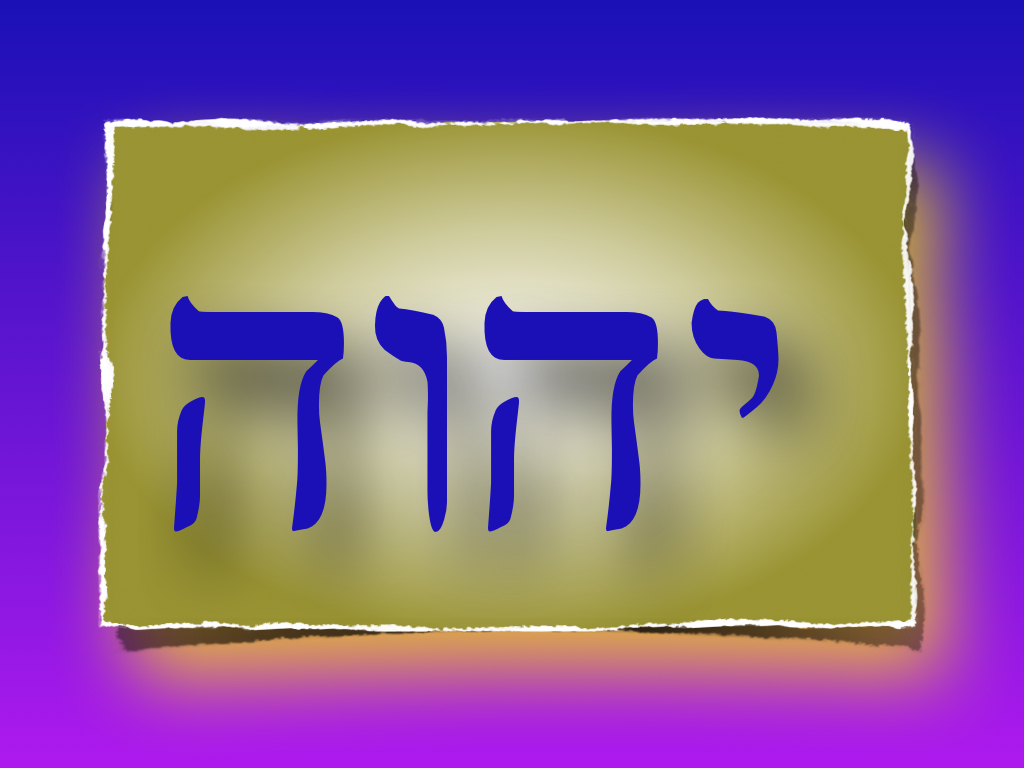Exodus 3:14–15, I AM THAT I AM. The name YHVH is Elohim’s memorial name forever. It reflects that fact that he is; that he is undefinable in human terms, and that he has always existed. This is the name by which he is to be remembered (not forgotten as is the case with the ineffable name concept of the rabbinic Jews whereby the names of deity are forbidden to be used).
The Scriptures clearly teach us that YHVH wants his people to use his Hebrew names and titles (e.g. YHVH, Yah, El, Elohim, Adonai and Yeshua). If not, than why is “YHVH,” the personal name of the biblical deity, found in the Tanakh (or Old Testament) almost 7000 times?
Despite the proliferation of the name YHVH in the Bible, men are not to use his name carelessly as the third commandments teaches us (Exod 20:7).
The problem is that YHVH’s people have forgotten YHVH’s Hebrew names and worshipped pagan gods instead (Ps 44:20; Jer 23:27). Interesting, it’s a fact that most of our common English substitutes for the Hebrew names of Elohim derive from the names of pagan deities (e.g. God, Lord, Holy, Christ, Jesus). At the same time, the Scriptures prophesy that YHVH’s name will be restored and used again (Jer 23:6; 31:23; Ezek 39:7).
Interestingly, Satan’s name has never been changed down through the millennia from one language to another. The names of significant Hebrew biblical personalities along with Greek and Roman notable historical figures remain essentially unchanged to our day. However, the Hebrew names of Elohim and his Messiah not only have been changed, but often masked under the names of pre-exisiting pagan deities. Doesn’t this sound like a Continue reading













